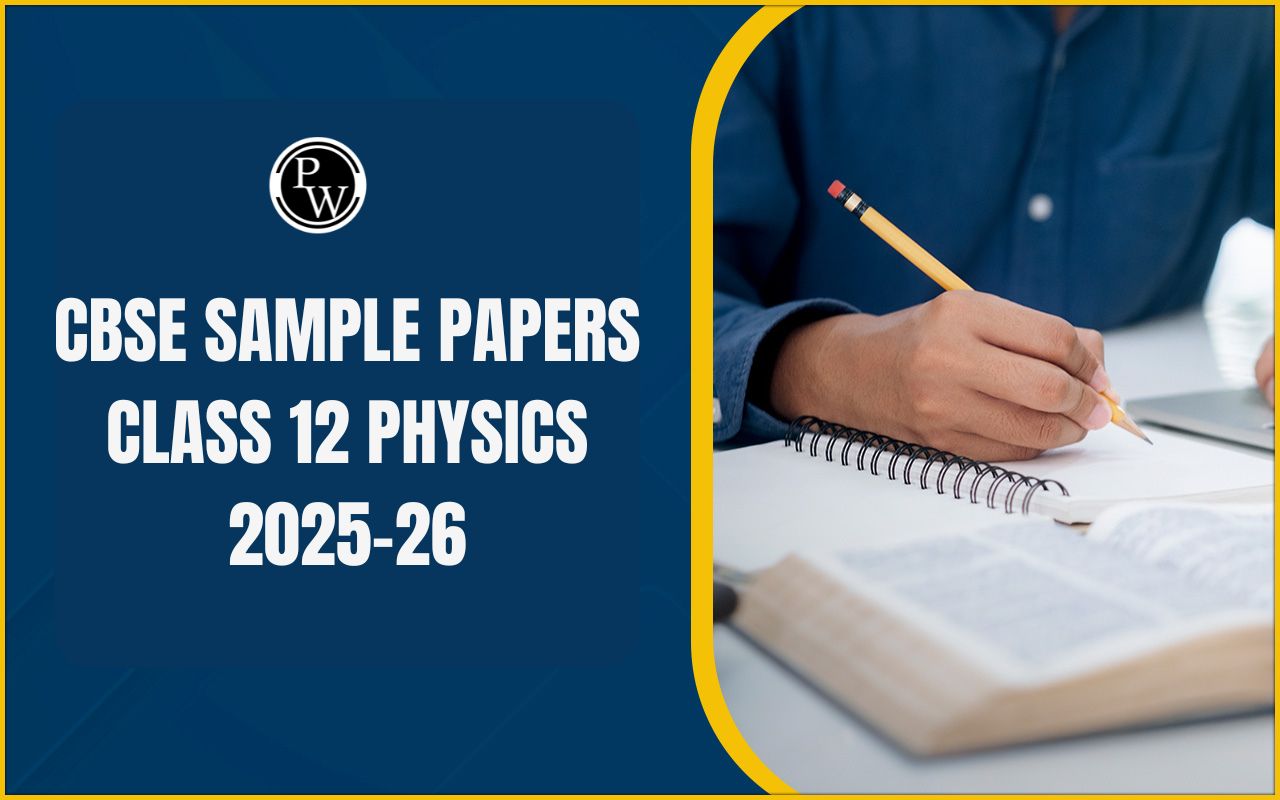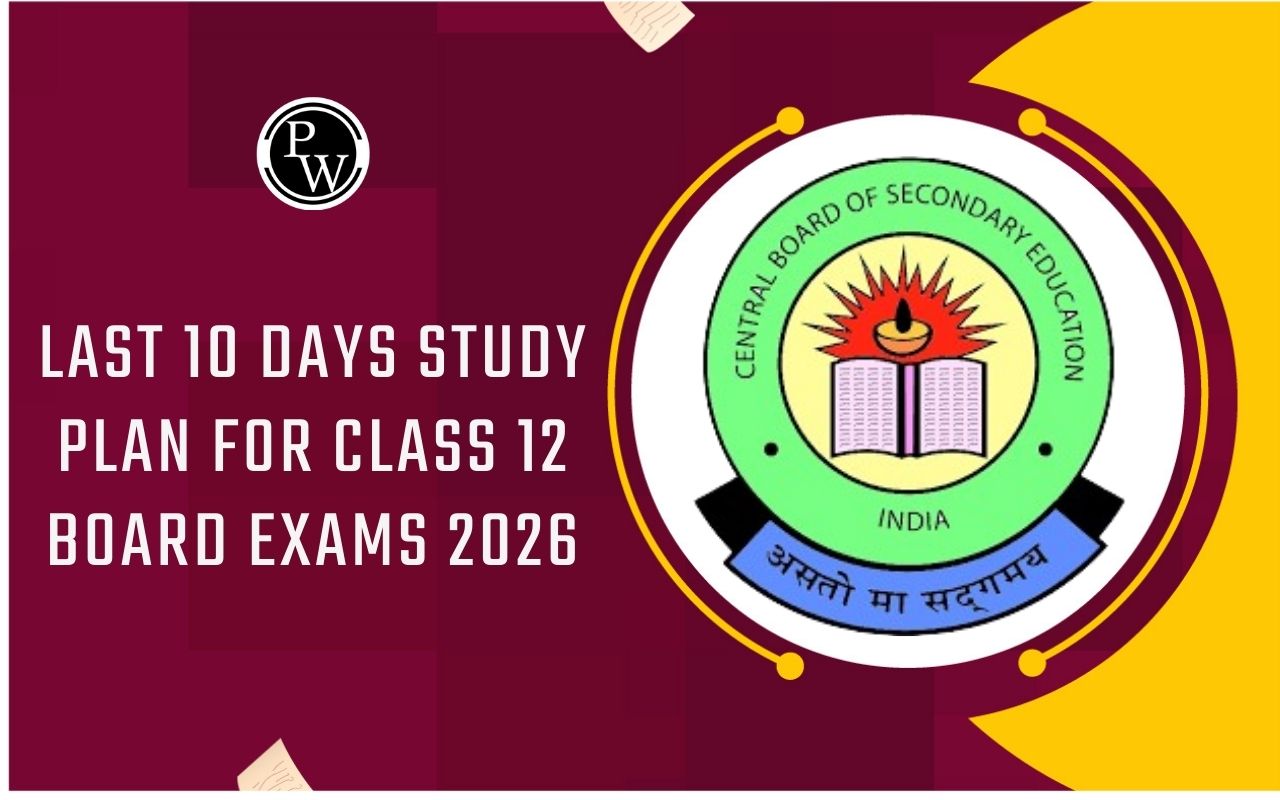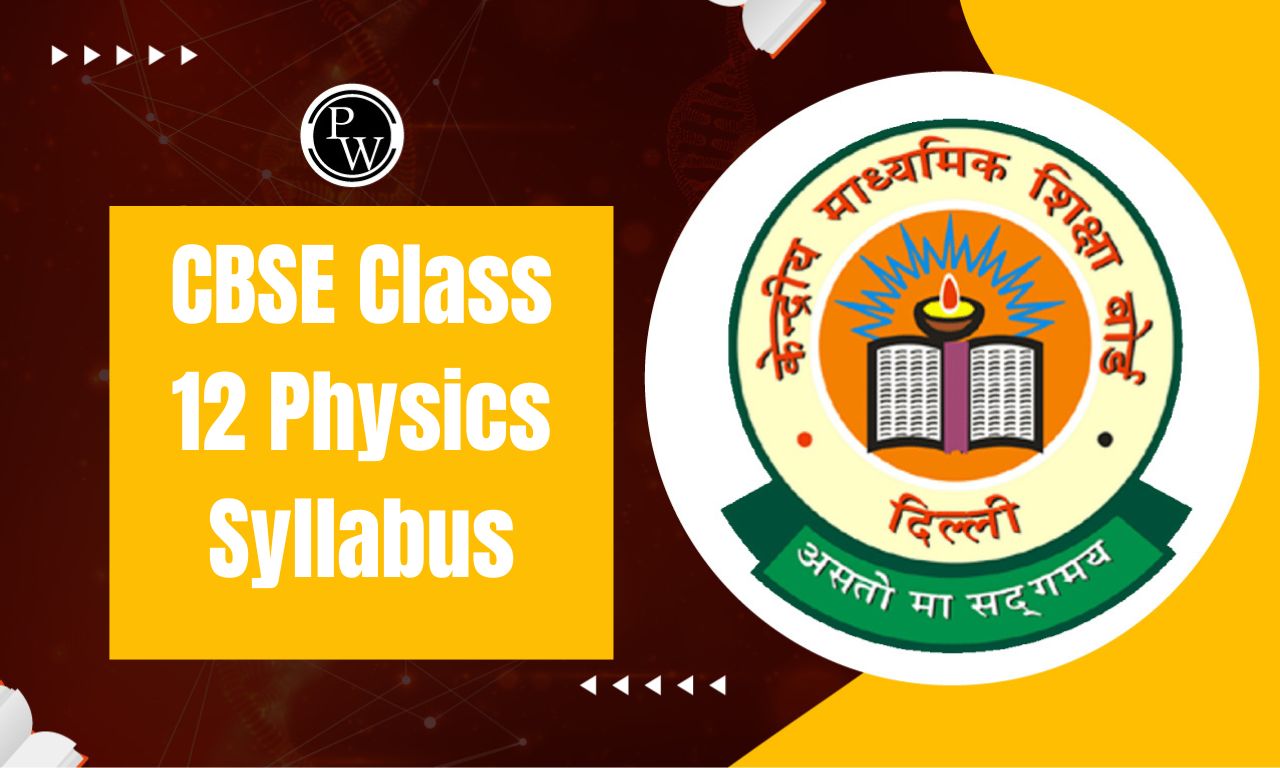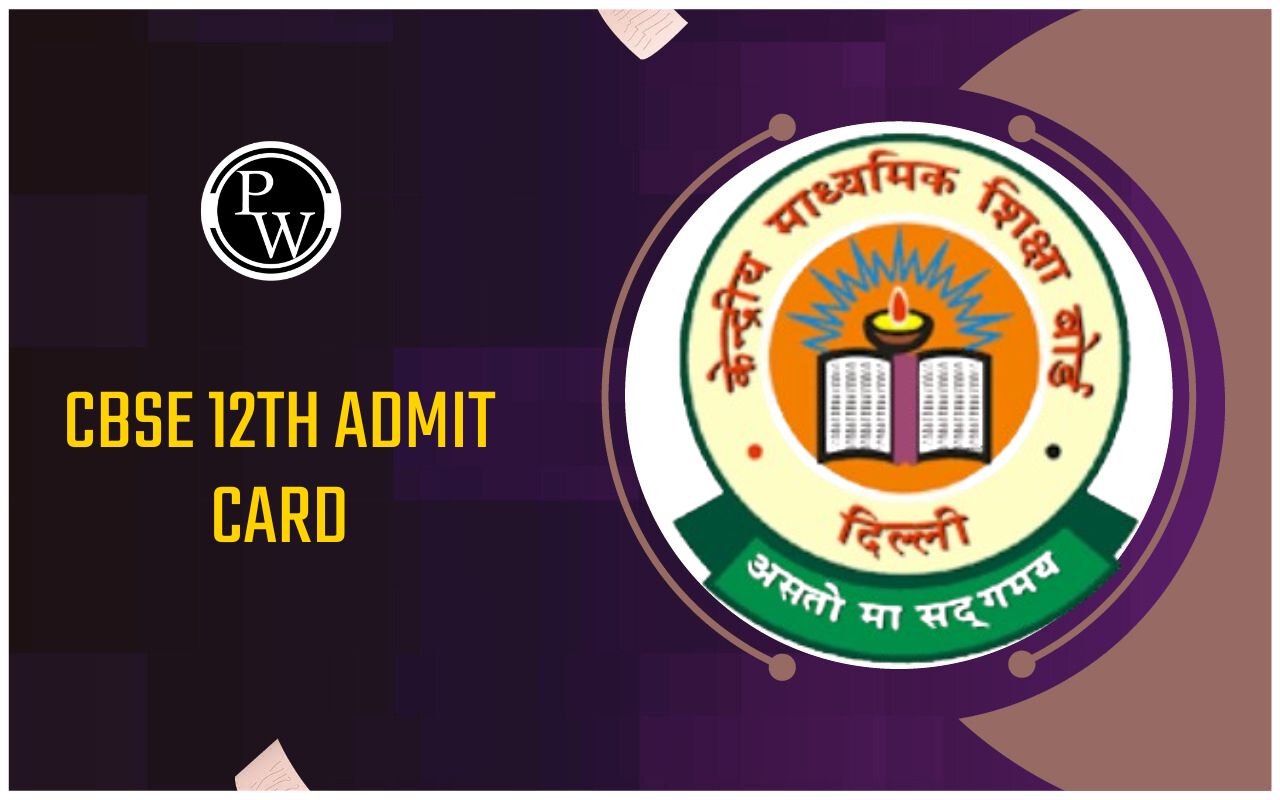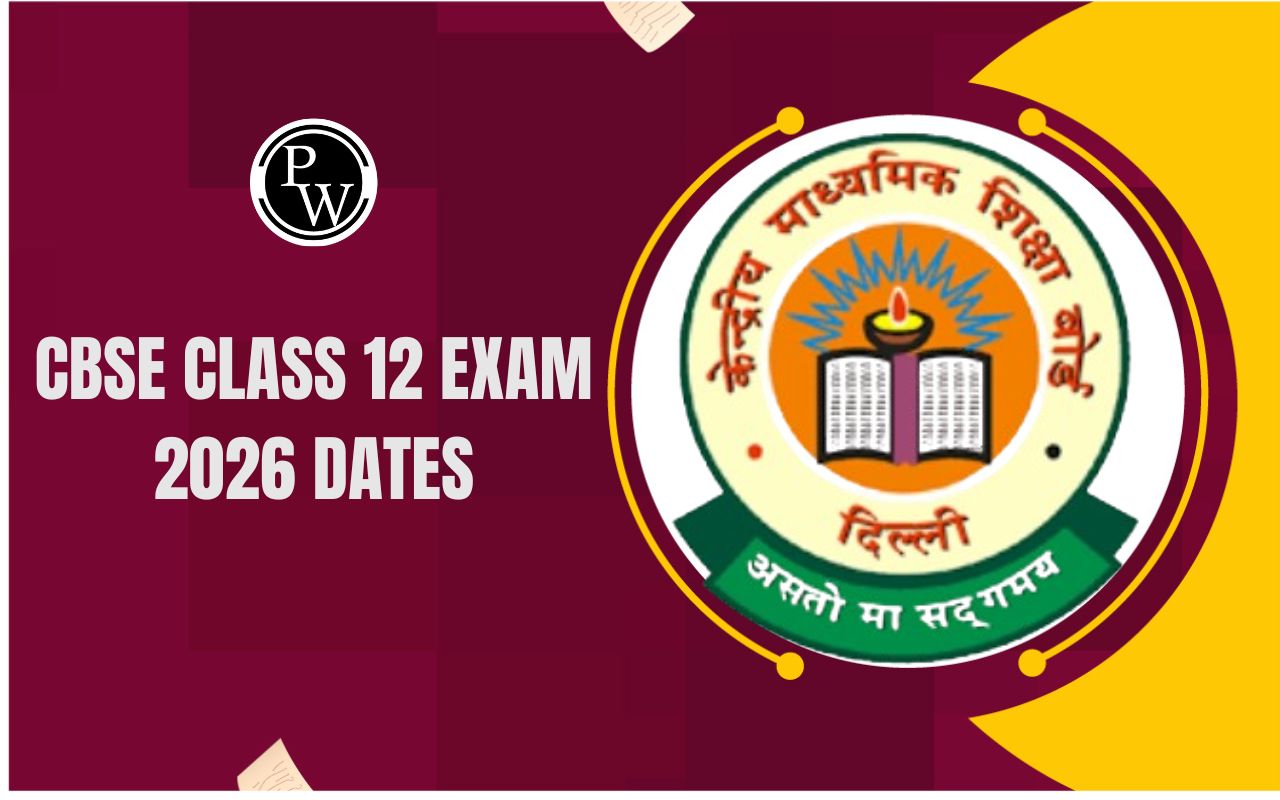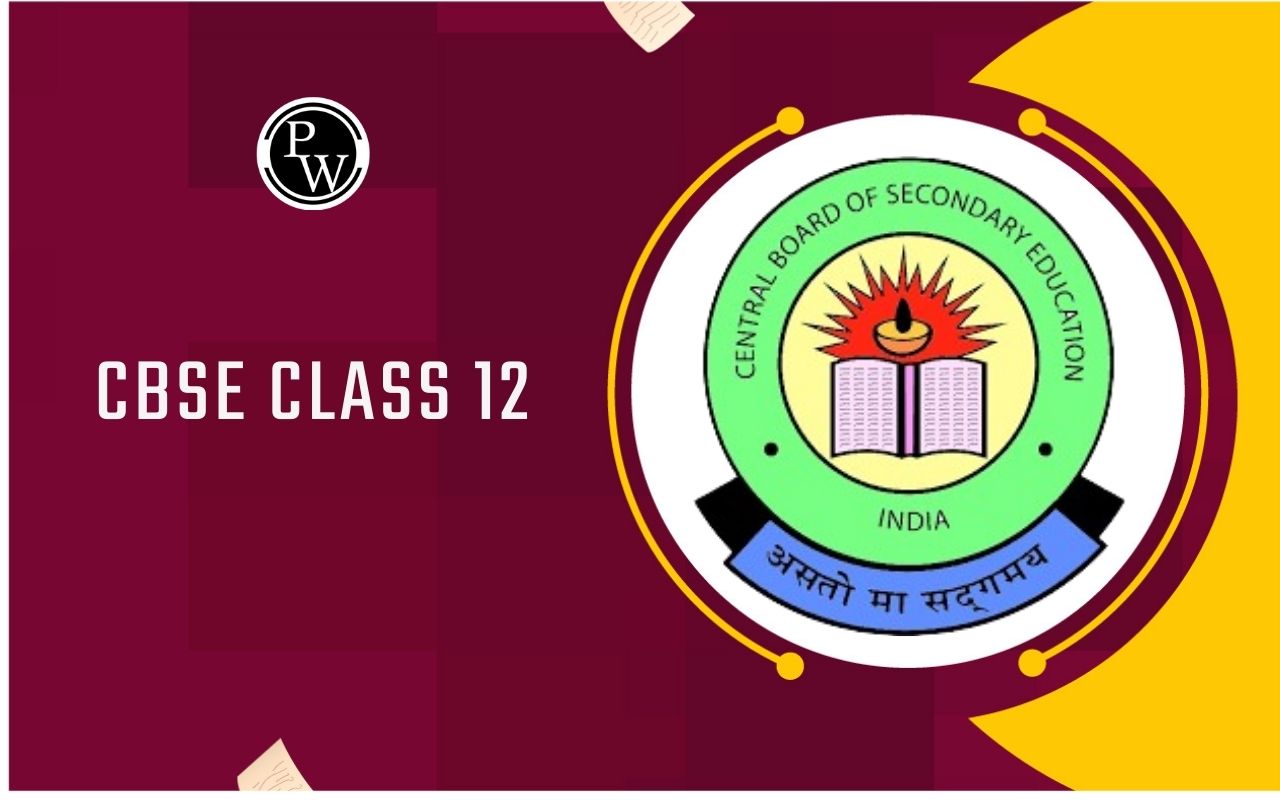
NCERT Solutions for Class 12 Maths Chapter 4: NCERT Solutions For Class 12 Maths Chapter 4 Determinants are available, provided by our expert faculty. The solutions for all the questions in this chapter are explained step by step, as per the CBSE syllabus for 2023-24.
Each solution is clarified using suitable examples or formulas. The solutions for Class 12 Maths are created considering the marking scheme. Our goal is to bring out the best in students through additional skill-building exercises tailored to their grade levels, abilities, and interests. The basic concepts and applications of determinants are discussed in NCERT Solutions for Class 12 Maths Chapter 4 Determinants. Determinants are significant in maths studies due to their numerous applications. A determinant is a function used to associate a real or complex number with any square matrix. This concept helps determine if a system of equations has a unique solution. Additionally, determinants find applications in engineering, science, economics, and social science. Hence, gaining a thorough understanding of this topic and its applications is crucial. NCERT Solutions Class 12 Maths Chapter 4 educates students on the fundamentals of determinants.NCERT Solutions for Class 12 Maths Chapter 4 Overview
A determinant is a number that can be calculated only for square matrices. When solving a system of linear equations, a determinant plays a crucial role in checking whether the system has a unique solution or not. It finds applications in various fields such as science, engineering, social sciences, and economics. The NCERT Solutions for Class 12 in this chapter address problems like determining the 2×2 or 3×3 matrix, calculating the triangle's area, and finding the line equation using determinants, minors, and co-factors. They also cover problems involving determinant calculation using minors and cofactors, adjoint, and the matrix inverse. Students can now access the NCERT Solutions for Class 12 Maths Chapter 4 for free from the provided links.NCERT Solutions for Class 12 Maths Chapter 1
NCERT Solutions for Class 12 Maths Chapter 4 Determinants Chapter at a Glance
4.1 Introduction: Class 12 Maths NCERT Solutions Chapter 4 introduces the learner to Determinants, covering basic concepts and theorems. Students explore determinants up to order three with real entries. Properties such as minors, cofactors, and applications in solving systems of linear equations are discussed, including solutions in two or three variables using the inverse of a matrix. 4.2 Determinant: This section clarifies that a matrix inside two vertical lines is a determinant, not the modulus. Determining the matrix of order one is explained, and calculations for matrices of order two and three are detailed. The process of expanding determinants along rows or columns with the most zeros is simplified, emphasising positive multiplications.NCERT Solutions for Class 12 Maths Chapter 2
NCERT Solutions for Class 12 Maths Chapter 4 Exercise 4.1: Involves 8 questions (3 Short Questions and 5 Long Questions) for practice. 4.3 Properties of Determinants (Not in the current syllabus): Focuses on determinant properties that simplify evaluation by maximising zeros in a row or column. The section covers six properties applicable to determinants of any order, elaborating on ways to verify and check these properties. NCERT Solutions for Class 12 Maths Chapter 4 Exercise 4.2: Consists of 16 questions (4 Short Questions and 10 Long Questions). 4.4 Area of Triangle: This part explores the area of a triangle and its application to vertices and expressions. It explains how the area is a positive quantity and how the absolute value of the determinant is taken. The section also covers cases where the area of a triangle formed by three collinear points is zero.NCERT Solutions for Class 12 Maths Chapter 3
NCERT Solutions for Class 12 Maths Chapter 4 Exercise 4.3: Includes 5 questions (2 Short Questions and 3 Long Questions). 4.5 Minors and Cofactors: Guides students in writing determinant expansion in a compact form using minors and cofactors. Definitions of minors and cofactors are explained, including how a minor of an element in a determinant of lesser order is a determinant of even lesser order. Explores five ways of expansion for calculating the area of a triangle. NCERT Solutions for Class 12 Maths Chapter 4 Exercise 4.4: Contains 5 questions (2 Short Questions and 3 Long Questions). 4.6 The Adjoint and Inverse of a Matrix: Covers the inverse and existence of a matrix, explaining the adjoint of the matrix. Definitions of the adjoint of a square matrix and the theorem for verification are included. The section also presents five theorems and ways to verify definitions, applying them to different problems.NCERT Solutions for Class 12 Maths Chapter 5
NCERT Solutions for Class 12 Maths Chapter 4 Exercise 4.5: Involves 18 questions (4 Short Questions and 14 Long Questions). 4.7 Applications of Determinants and Matrices: This section explores the applications of determinants and matrices in solving systems of linear equations. It covers checking the consistency of linear equation systems, studying consistent and inconsistent systems, and solving systems using the inverse of a matrix. Expressing linear equations as matrix equations and solving them using the coefficient matrix's opposite is also discussed. NCERT Solutions for Class 12 Maths Chapter 4 Exercise 4.6: Comprises 16 questions (3 Short Questions and 13 Long Questions).NCERT Solutions for Class 12 Maths Chapter 6
NCERT Solutions for Class 12 Maths Chapter 4 Determinants Exercises
Find the detailed exercise-wise NCERT Solutions for Class 12 Maths Chapter 4 Determinants in the table below:| NCERT Solutions for Class 12 Maths Chapter 4 Determinants Exercises |
|---|
| Exercise 4.1 |
| Exercise 4.2 |
| Exercise 4.3 |
| Exercise 4.4 |
| Exercise 4.5 |
| Exercise 4.6 |
| Miscellaneous Exercise |
Benefits of NCERT Solutions for Class 12 Maths Chapter 4
Here's a detailed discussion on the benefits of NCERT Solutions for Class 12 Maths Chapter 4:- Concept Clarity: NCERT Solutions provide detailed explanations and step-by-step solutions to problems, ensuring students understand the concepts thoroughly.
- Exam Preparation: NCERT Solutions are aligned with the CBSE syllabus, making them an excellent resource for exam preparation.
- Practice Material: Abundant practice problems in the NCERT Solutions allow students to reinforce their learning.
- Self-Assessment: The solutions come with self-assessment exercises that enable students to gauge their understanding of the topics.
- Application of Concepts: NCERT Solutions provide real-life applications of mathematical concepts, demonstrating the relevance of the subject in practical scenarios.
- Preparation for Competitive Exams: The detailed nature of NCERT Solutions helps students in preparing for various competitive exams that have a similar syllabus.
- Structured Learning: The solutions follow a well-structured format, presenting concepts in a logical sequence.
- Accessible Resource: NCERT Solutions are widely accessible, available online and offline, making them convenient for all students.
- Improved Performance: Regular practice with NCERT Solutions contributes to improved performance in examinations.
- Free Resource: NCERT Solutions are often available for free, making them an affordable and valuable resource for students from diverse backgrounds.
CBSE Class 12 Previous Year Question Papers
How to Prepare With NCERT Solutions for Class 12 Maths Chapter 4
Preparing with NCERT Solutions for Class 12 Maths Chapter 4 can be a strategic and effective approach to mastering the concepts. Here's a detailed guide on how to prepare using these solutions:- Understand the Syllabus: Begin by understanding the Class 12 Maths Chapter 4 syllabus. Identify the topics covered to create a roadmap for your preparation.
- Read NCERT Textbook: Go through the NCERT Class 12 Maths Chapter 4 textbook thoroughly. Understand the theoretical concepts and the application of determinants.
- Use NCERT Solutions: Start solving problems using NCERT Solutions. Begin with easier exercises and gradually move to more complex ones.
- Practice Regularly: Mathematics requires consistent practice. Set a daily or weekly schedule for practising problems.
- Self-Assessment: Use the self-assessment exercises included in NCERT Solutions. Regularly assess your understanding of the concepts and identify areas that need more attention.
- Refer to Additional Resources: While NCERT Solutions are comprehensive, refer to other resources for additional practice and varied problem-solving approaches.
- Note Important Formulas: Jot down important formulas and theorems related to determinants. Having a quick reference guide will be beneficial during revision.
- Conceptual Clarity: Ensure you have a clear understanding of the fundamental concepts behind determinants. This will help you apply them in different scenarios.
- Group Study: Collaborate with classmates for group study sessions. Discussing problems and teaching concepts to others can reinforce your own understanding.
- Revise Regularly: Regular revision is key to retaining information. Allocate time for periodic revision of previously covered topics to strengthen your memory.
- Seek Help When Needed: If you encounter difficulties, don't hesitate to seek help from your teachers, classmates, or online platforms. Clarify doubts promptly to avoid confusion later.
- Simulate Exam Conditions: As exams approach, simulate exam conditions during practice. Set a timer, and attempt problems under time constraints to improve speed and accuracy.
- Previous Year Papers: Solve previous years' question papers to familiarise yourself with the exam pattern. This practice will also help you gauge the difficulty level of questions.
- Stay Positive: Maintain a positive mindset. Believe in your ability to grasp concepts and solve problems. A positive attitude can significantly impact your performance.
- Take Breaks: Break your study sessions into manageable chunks. Taking short breaks between sessions can help maintain focus and prevent burnout.
NCERT Solutions for Class 12 Maths Chapter 4 FAQs
What is the fundamental concept of determinants, and how are they used in mathematics?
This question explores the basic idea behind determinants and their broader applications in various mathematical fields.
Why are determinants considered important in the study of linear equations, and how do they help determine unique solutions?
This question delves into the significance of determinants in the context of linear equations, emphasising their role in determining whether a system has a unique solution.
Can you explain the real-world applications of determinants in areas like engineering, science, economics, and social science?
This question aims to connect the theoretical understanding of determinants to practical applications, showcasing their relevance in diverse fields.
What are the methods for evaluating determinants of matrices, especially for 2x2 and 3x3 matrices?
This question focuses on the practical aspect, asking about the techniques and methods employed to calculate determinants, particularly for smaller matrices.
How does a thorough understanding of determinants contribute to overall proficiency in Class 12 Maths, and why is it crucial for students to grasp this topic?
This question emphasises the educational significance of mastering determinants in Class 12 Maths, highlighting how it contributes to students' overall proficiency and understanding of mathematical concepts.
🔥 Trending Blogs
Talk to a counsellorHave doubts? Our support team will be happy to assist you!

Check out these Related Articles
Free Learning Resources
PW Books
Notes (Class 10-12)
PW Study Materials
Notes (Class 6-9)
Ncert Solutions
Govt Exams
Class 6th to 12th Online Courses
Govt Job Exams Courses
UPSC Coaching
Defence Exam Coaching
Gate Exam Coaching
Other Exams
Know about Physics Wallah
Physics Wallah is an Indian edtech platform that provides accessible & comprehensive learning experiences to students from Class 6th to postgraduate level. We also provide extensive NCERT solutions, sample paper, NEET, JEE Mains, BITSAT previous year papers & more such resources to students. Physics Wallah also caters to over 3.5 million registered students and over 78 lakh+ Youtube subscribers with 4.8 rating on its app.
We Stand Out because
We provide students with intensive courses with India’s qualified & experienced faculties & mentors. PW strives to make the learning experience comprehensive and accessible for students of all sections of society. We believe in empowering every single student who couldn't dream of a good career in engineering and medical field earlier.
Our Key Focus Areas
Physics Wallah's main focus is to make the learning experience as economical as possible for all students. With our affordable courses like Lakshya, Udaan and Arjuna and many others, we have been able to provide a platform for lakhs of aspirants. From providing Chemistry, Maths, Physics formula to giving e-books of eminent authors like RD Sharma, RS Aggarwal and Lakhmir Singh, PW focuses on every single student's need for preparation.
What Makes Us Different
Physics Wallah strives to develop a comprehensive pedagogical structure for students, where they get a state-of-the-art learning experience with study material and resources. Apart from catering students preparing for JEE Mains and NEET, PW also provides study material for each state board like Uttar Pradesh, Bihar, and others
Copyright © 2026 Physicswallah Limited All rights reserved.



